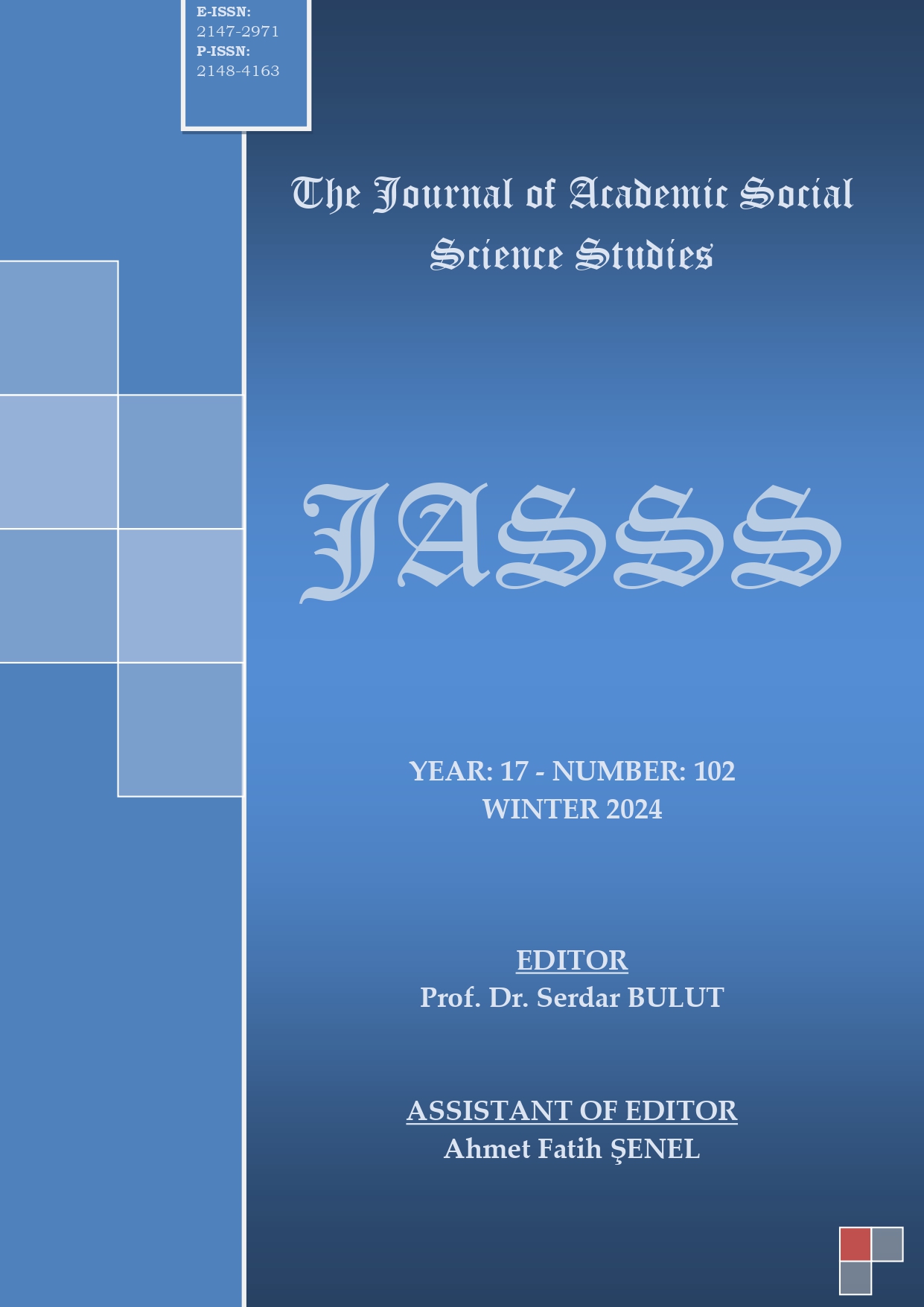Author :
Abstract
XIX. yüzyılda Tanzimat Dönemi’nde yapılan reform hareketleriyle iktisadi yapıda modernleşme ile idari ve mali yapıda da geniş çaplı bir yapılanmaya gidilmesine rağmen bu süreçte yaşanan Kırım Savaşı’yla Osmanlı maliyesi büyük bir yükün altına girmiştir. Osmanlı Devleti 1853-1856 yılları arasında başta İngiltere ve Fransa’nın desteğiyle Rusya’ya karşı yapılan Kırım Savaşı’yla mali durumunun kendi gelir kaynaklarıyla düzelmeyeceğini anladığında ilk defa dış borçlanma fikri ortaya çıkmış ve bütçe açıkları için de yeni finansman yöntemlerine ihtiyaç duymuştur. Galata bankerlerinden kısa sürede geri ödemek şartıyla alınan borçları ödeyemeyince ilk defa olmak üzere Avrupa devletlerinden dış borç almıştır. Borçlanma sürecinde 15 kere dış borç alan Osmanlı Devleti, aldığı borçlar sayesinde devlet maliyesinin girmiş olduğu bunalımı kısa vadeli olarak ertelemiş fakat bunun sonuçları daha sonraki yıllarda büyük mali sorunlara neden olmuştur. II. Abdülhamid 1878 yılı itibariye borçları ödeyemeyeceğini ilan edince alacaklı devletler paralarının tahsil edilmesi amacıyla hükümetle anlaşarak 1881 Muharrem Kararnamesiyle Düyﲇn-ı Umﲇmiye İdaresi’ni kurmuştur. Devletin her yerinde örgütlenen bu uluslararası yapı Osmanlı maliyesinde altı kalem geliri denetleyerek alacaklıların paralarını tahsil etmiş. Bu gelir kalemlerinden tütünden elde edilen gelir Muharrem Kararnamesinin 9. Maddesi gereğince Reji İdaresi’ne devredilmiştir. Ülkenin en ücra köşelerine kadar yayılan Düyﲇn-ı Umﲇmiye ile Reji şirketinin şehirlerdeki faaliyetleri halkı ciddi anlamda rahatsız etmiştir. Antakya, Düyﲇn-ı Umﲇmiye’nin ve Reji şirketinin kurulduğu şehirlerden biridir. Bu çalışmada II. Abdülhamid zamanında Düyﲇn-ı Umﲇmiye ve Reji şirketinin Antakya’daki faaliyetleri, halkın bu iki idareye karşı tutumu ele alınacaktır.
Keywords
Abstract
Despite the modernization of the economic structure and the extensive restructuring of the administrative and financial structures with the reform movements carried out during the Tanzimat Period in the 19th century, the Ottoman finances came under a great burden with the Crimean War that took place during this period. When the Ottoman Empire realized that its financial situation would not improve with its own revenue sources with the Crimean War waged against Russia with the support of England and France between 1853 and 1856, the idea of foreign borrowing emerged for the first time and it needed new financing methods for its budget deficits. When it could not pay the debts taken from the Galata bankers on the condition that they would be paid back in a short time, it took foreign loans from European states for the first time. The Ottoman Empire, which took foreign loans 15 times during the borrowing process, postponed the crisis that the state finances had entered in the short term thanks to the debts it took, but the consequences of this caused major financial problems in the following years. When II. Abdulhamid declared that he could not pay the debts as of 1878, he established the Düyﲇn-ı Umﲇmiye Administration with the Muharram Decree of 1881 in order to collect the money of the creditor states by reaching an agreement with the government. This international structure, organized throughout the state, collected the money of the creditors by supervising six revenue items in the Ottoman treasury. The income obtained from tobacco among these revenue items was transferred to the Regie Administration in accordance with Article 9 of the Muharram Decree. The activities of the Düyﲇn-ı Umﲇmiye and the Regie Company in the cities, which spread to the most remote corners of the country, seriously disturbed the people. Antioch is one of the cities where the Düyﲇn-ı Umﲇmiye and the Regie Company were established. In this study, the activities of the Düyﲇn-ı Umﲇmiye and the Regie Company in Antioch during the reign of Abdulhamid II and the attitude of the people towards these two administrations will be discussed.





